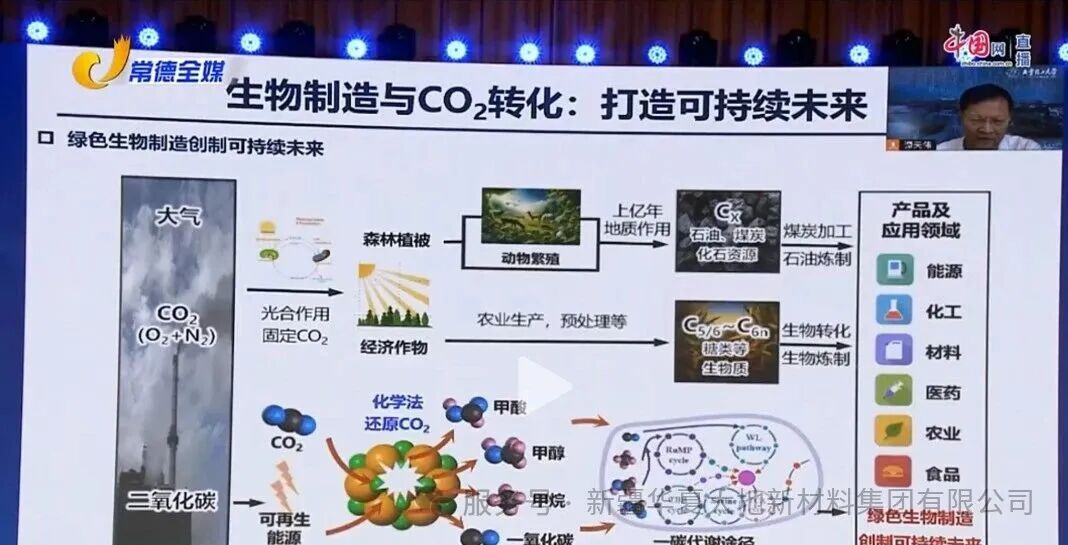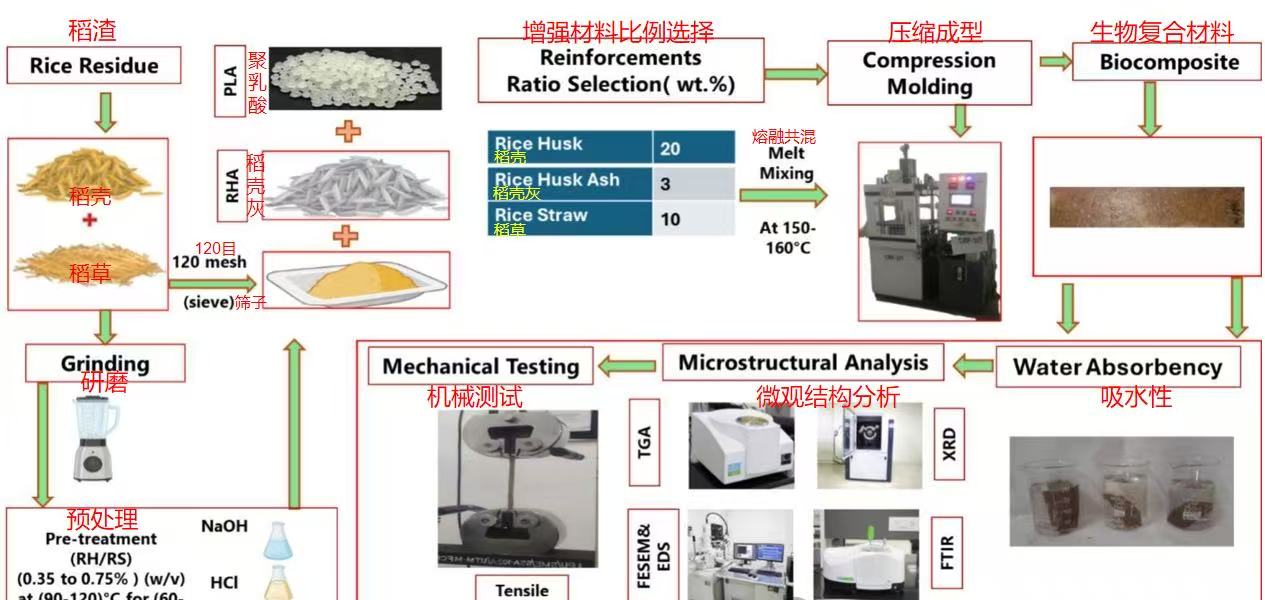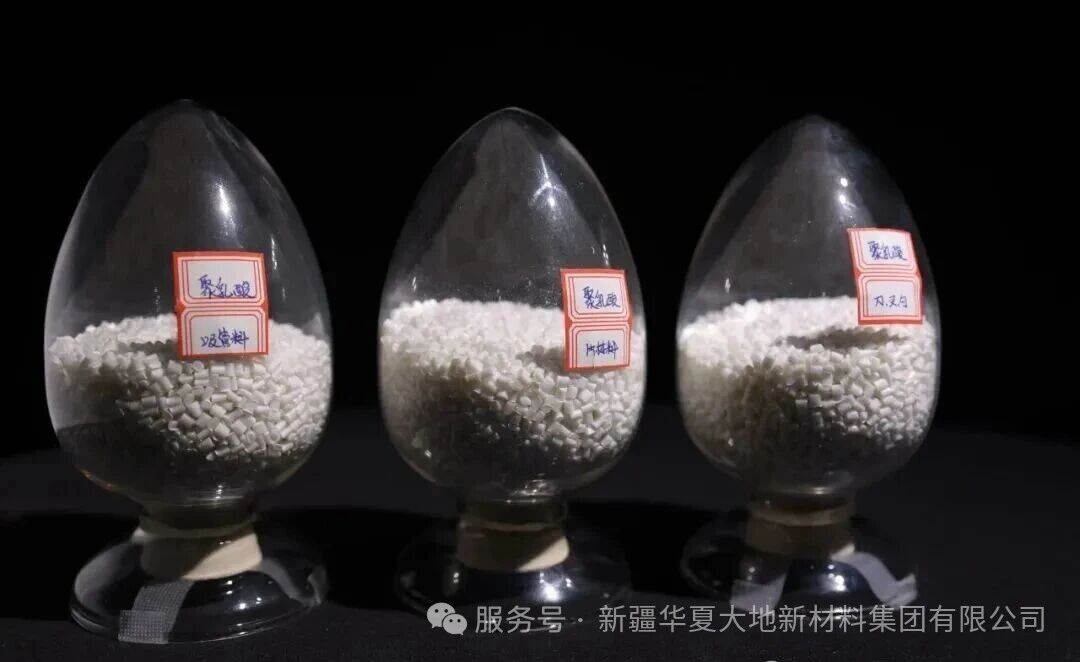Tan Tianwei (President of Beijing University of Chemical Technology and a Chinese Academy of Engineering member) pointed out at the China Biomanufacturing Innovation Technology Forum held in September 2025 that by the end of this century, the global biomanufacturing industry market is expected to reach 30 trillion US dollars, accounting for one-third of the global manufacturing output. He believes that the importance of biomanufacturing is no less than that of chip development and will trigger the fourth industrial revolution.
Academician Tan Tianwei once wrote in the "Academic Frontiers Journal" that, to some extent, the significance of biological manufacturing is no less important than that of chip development.

Market size forecast
Tan Tianwei clearly stated in the forum that biomanufacturing will become the core area of future industrial competition. He predicted that by the end of this century, the global biomanufacturing industry's scale will exceed 30 trillion US dollars, accounting for 30% of the global manufacturing output.
Up. This prediction is based on the wide application of bio-manufacturing in fields such as medicine, agriculture, chemical industry, and materials. For instance, bio-based plastics replacing traditional plastics, and artificial protein technology replacing imported soybeans, etc. are some of the application scenarios.
A McKinsey study indicates that in principle, 60% of industrial products can be produced through biomanufacturing. And with breakthroughs in technologies such as synthetic biology and gene editing, this proportion will continue to increase.
Field of Technology Application
Biological manufacturing technology can be applied in various fields such as pharmaceutical manufacturing (for example, microsphere technology replacing imported fillers), material production (converting carbon dioxide into raw materials), and food processing (alternative protein technology). It has the characteristics of renewable raw materials and green, low-carbon processes. For instance, each ton of biobased plastic can reduce 0.6 tons of carbon dioxide emissions compared to traditional plastics.
Strategic significance
Tan Tianwei emphasized that biomanufacturing is a key technological approach to addressing resource dependence and combating climate change. For instance, through microbial protein synthesis technology, a "non-farmland-dependent" protein supply chain can be established, reducing reliance on soybean imports; using bioreactors to produce artemisinin can save 300,000 mu of arable land resources.
Comparison with chip development
He pointed out that biomanufacturing, like chip development, is also a strategic technological breakthrough that will trigger the fourth industrial revolution. Unlike traditional manufacturing which relies on petrochemicals, biomanufacturing achieves large-scale production of products through microorganisms, enzymes, and other biological entities, possessing the advantages of low carbon and high efficiency. It is the core direction of future manufacturing.








